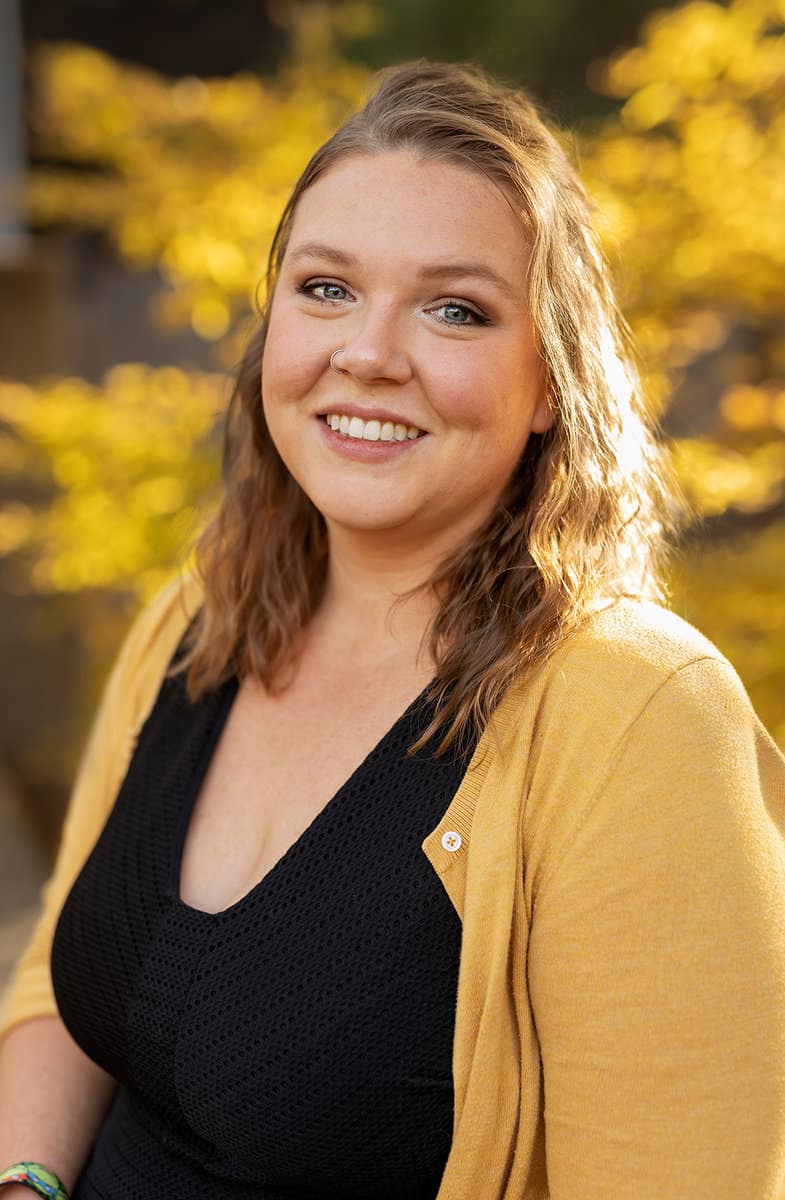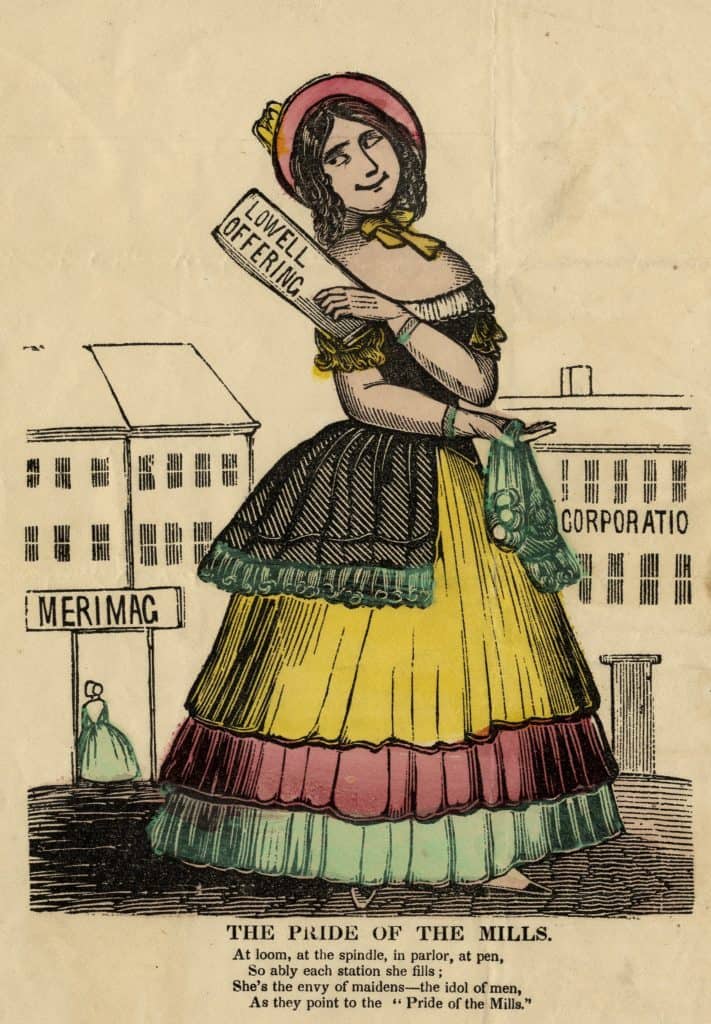When I was setting goals at the beginning of the summer, I thought processing and uploading the entirety of the Lowell Offering’s 5-year run would be reasonable. I was so wrong. I underestimated exactly how time-consuming the data entry would be and, around the halfway point, I realized I had to move along. Getting the items onto the site wasn’t without challenges either. I wanted to include the digitized scans of the Offering, but I couldn’t use the HathiTrust versions I’d been working from because of Google’s policies. Fortunately, Harvard had their own digitized versions that were freely available! Once the texts were uploaded, I had to figure out how to associate them with their respective authors and then connect those authors to multiple noms de plume. Fortunately, my incredible staff mentor, Nikki White, found a solution! Nikki was also an incredible resource while I was building the site! I had some requirements for the site that I wasn’t willing to compromise on: it has to be easy to navigate and it has to be cute. Nikki helped me find, implement, and tailor a theme to meet these needs!
My favorite part of the work I did this summer was building exhibits for the site. I tried to focus on popular topics that would be valuable for users at all levels and some that would be fun, if less commonly discussed. I learned so much more about a body of work I’d studied for years. Taking the time to carefully read these stories meant I found things I’d completely missed! Like Louisa Currier’s “Celestial Scenery” where a mill girl goes to space!
As a studio fellow, I worked on skills and developed ideas that set me up to continue building and expanding the archive. Once I finish the remaining texts in the Offering, I want to switch to another popular periodical like the Voice of Industry, which was also published out of Lowell. The more radical labor reform organ of the New England Workingman’s Association, it is frequently contrasted with the Offering. Harriet Farley, the Offering’s editor is likewise contrasted with Sarah Bagley, who worked for the Voice. I hope to contextualize the magazine’s contents and disrupt the inadequate Offering vs. Voice/Farley vs. Bagley binary that can color the way we think about this diverse group of women.
I’m excited to continue my work on the Mill Girl Archive. It’s such a rich and beautiful collection of works and I am so thankful I could use this fellowship time to make them more accessible.

